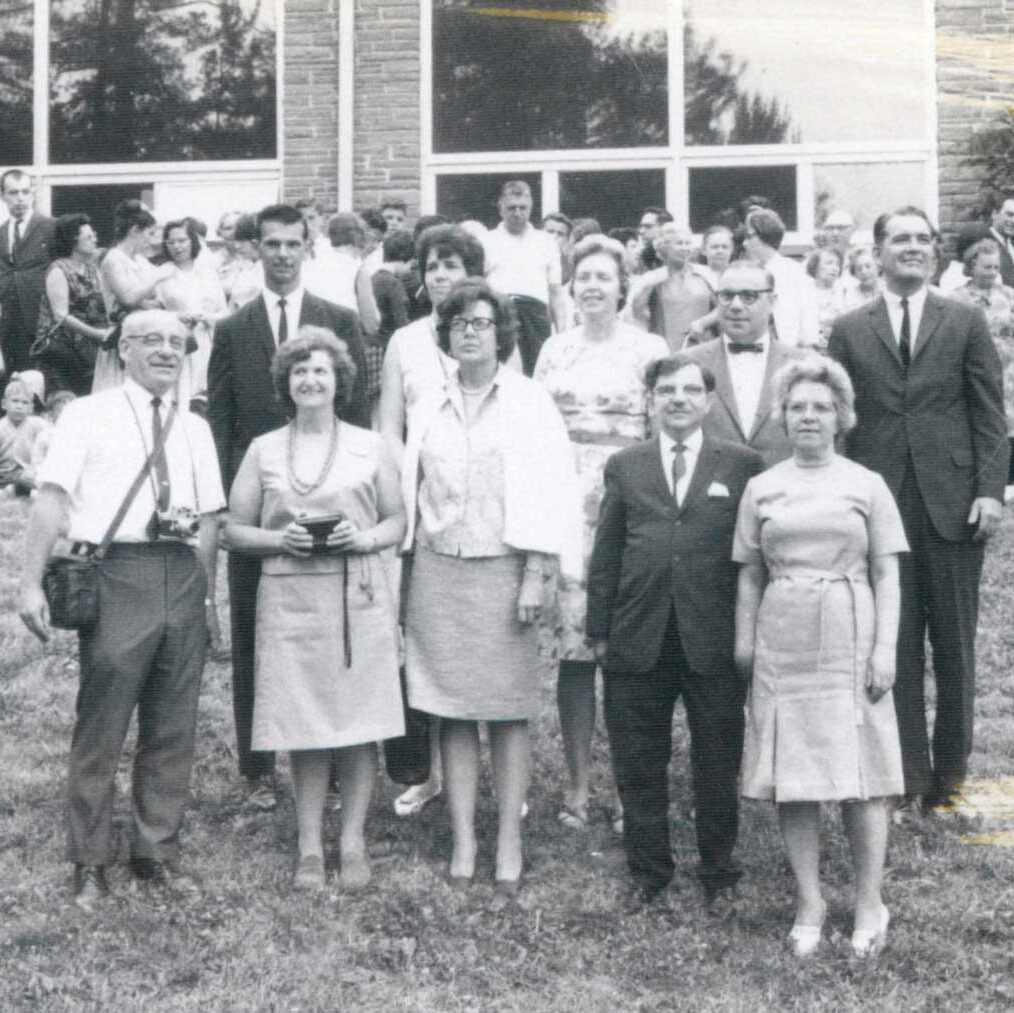How it all began

In the latter part of the 19th century, people were on the move because of political and social upheaval in Europe, which continued throughout the turn of the century. This turmoil generated an intense longing for material stability and religious freedom. Most Jewish people who lived within the ghettos of Eastern Europe had little to do with Christians because of common antisemitic attitudes held at the time. Antisemitism was a real threat to the safety of Jewish lives and property.
In 1862, in the ghetto of the little town of Berenza in eastern Hungary, a family of orthodox Jews joyfully welcomed a new son, Leopold Cohn, whose destiny would become interwoven with the future of Jewish people across two continents. At the tender age of seven years old, Leopold lost both of his parents, and he and his sister became orphans. This tragic loss, combined with the loneliness and isolation of ghetto life, caused Leopold to cry out to God for help and comfort. The Lord answered Leopold’s prayers and guided his steps throughout the rest of his childhood and as a young adult, providing an illustrious rabbinic career and a wife named Rose, who was a beautiful, accomplished daughter of a wealthy Jewish family.
However, tragedy struck again in 1881, when Leopold’s father-in-law died unexpectedly only one year after his wedding. Leopold again cried out to God and also began fervently searching the Scriptures about the Messiah—who He was and when He was coming. During this time, Messianic expectations were high. Jewish people everywhere were hungrily searching for the Messiah and thought He could be alive and living in another part of the world, like a long-lost relative.


